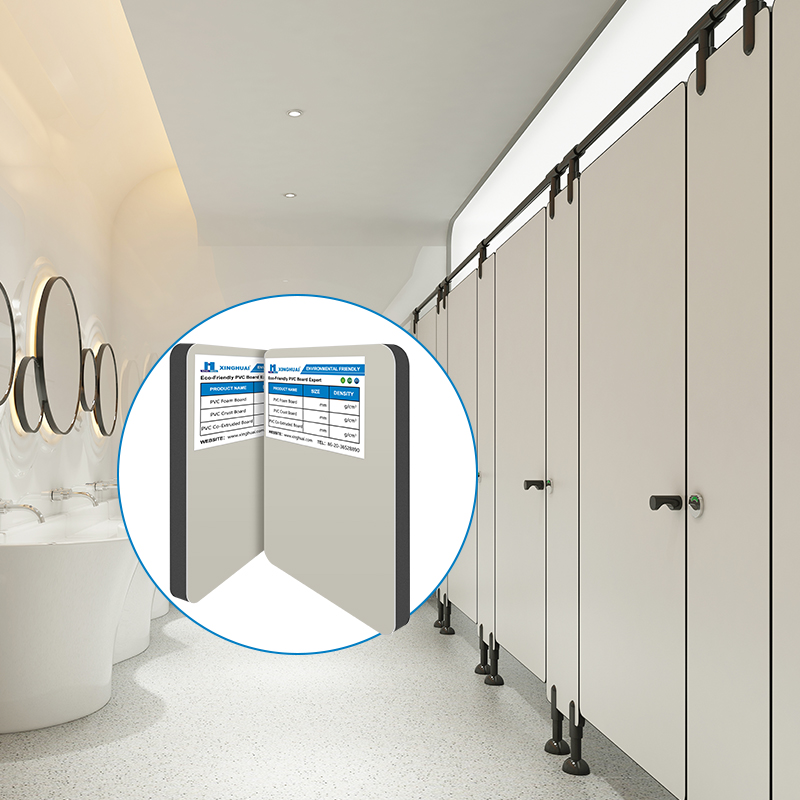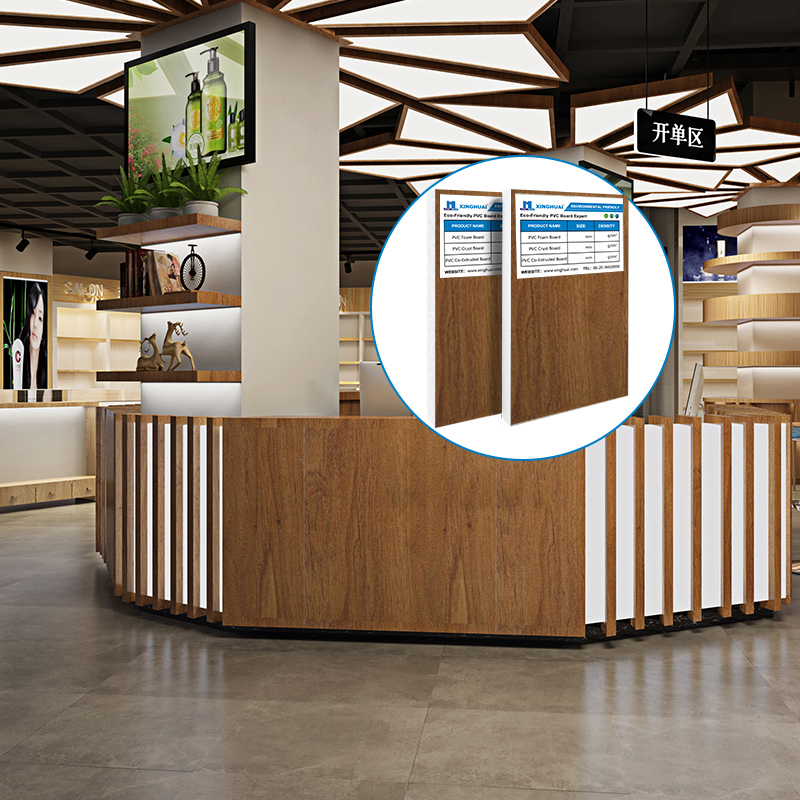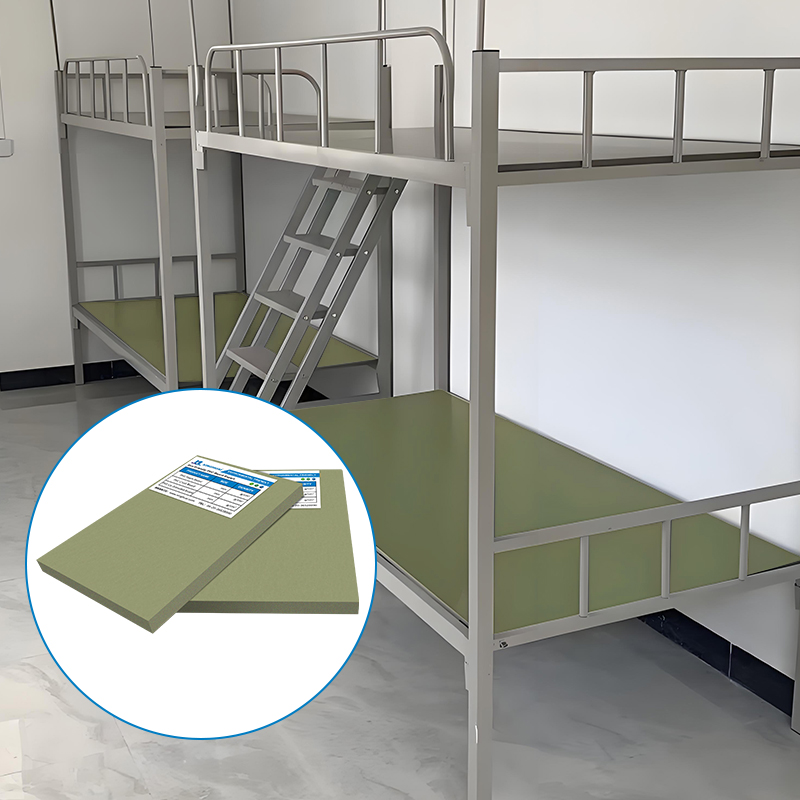Is PVC Foam Board Suitable for Automotive Interiors?
PVC foam board has gained popularity in various industries, including automotive, due to its unique properties. Let’s explore whether it’s a suitable choice for automotive interiors.
Key Features of PVC Foam Board
Waterproof: PVC foam boards are inherently waterproof, making them resistant to moisture and ideal for environments with fluctuating humidity.
Durability: Its strength and resistance to wear ensure a long lifespan, even under harsh conditions.
Lightweight: Being lightweight, it helps reduce the overall weight of a vehicle, contributing to better fuel efficiency.
Customizable: PVC boards can be easily shaped, colored, and finished to match interior design needs, offering versatility for manufacturers.
Why PVC Foam Board Fits Automotive Interiors
Moisture Resistance: Automotive interiors are often exposed to spills or condensation. PVC’s waterproof nature prevents swelling or damage.
Aesthetic Versatility: Colored PVC sheets and custom designs enhance the interior's visual appeal.
Thermal Stability: PVC foam boards exhibit good thermal resistance, maintaining performance in varying temperatures.
Potential Considerations
While PVC foam boards offer many benefits, their plastic composition may raise environmental concerns. However, advancements in recycling technologies are making PVC materials more sustainable.
Conclusion
PVC foam boards are a practical and cost-effective material for automotive interiors, providing durability, water resistance, and design flexibility. However, manufacturers should weigh sustainability factors when making material choices.




